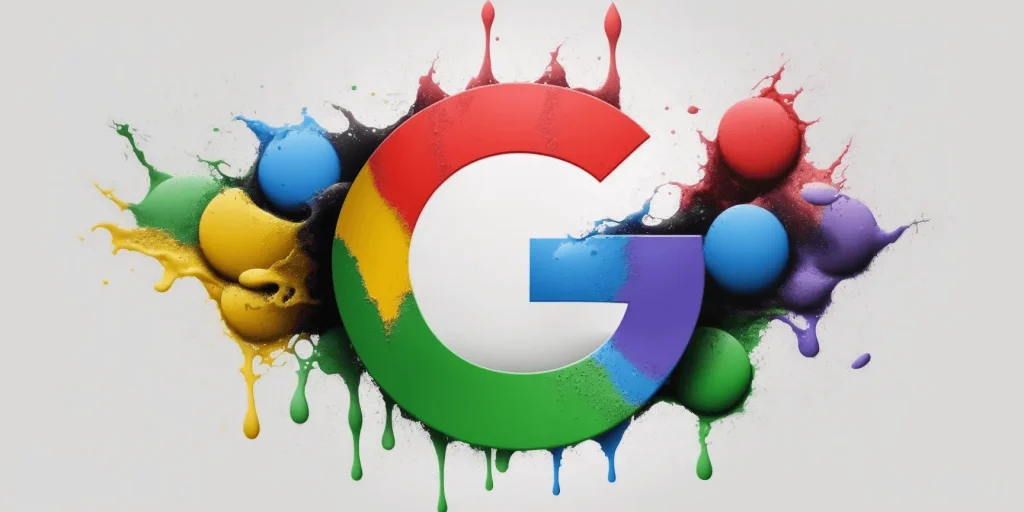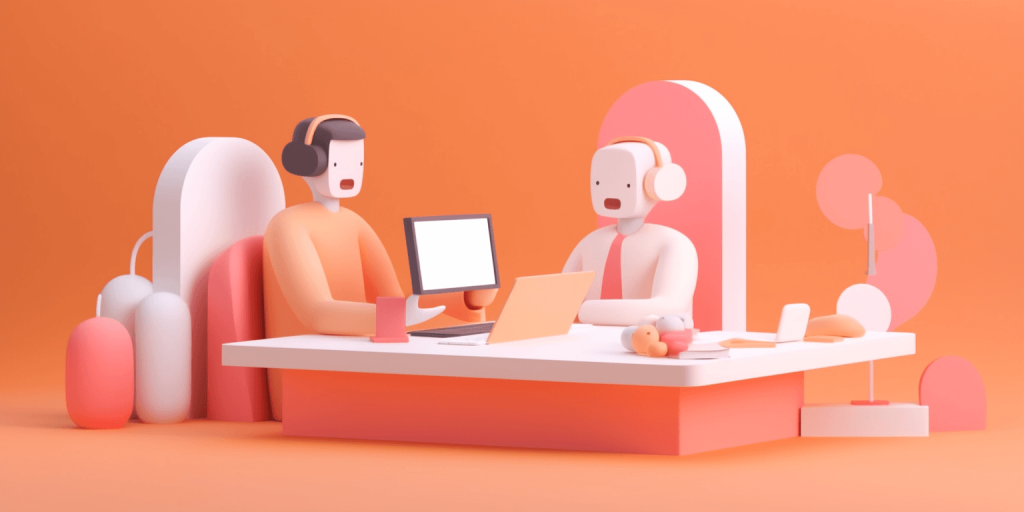
Introduction
Google Search has long been a place where people go to find content that’s been created by humans. It’s why Google has strict rules about content that is generated using machine learning or artificial intelligence (AI). But what do you do if your website is being penalized by Google because of AI-generated content? To help guide you through this mess, we’ve created this guide for SEO professionals who want to know more about how AI works with search engines, and how you can avoid getting penalized by Google as a result.
Workflos.ai is an All-in-one SaaS Management Platform, Find, Deploy, Manage, Build and Sell your enterprise apps. Workflow also extensively utilizes AIGC’s capabilities in product design and content marketing. For example, when recommending applications to users, we optimize the description information of the applications based on the users’ personalized needs. Similarly, in content marketing, we generate specific content marketing copies to send to customers based on their actual usage behavior.
What is AI-generated content?
AI-generated content is a type of content that’s created by machines, not humans. It can also be known as machine-generated or autonomously generated. The term “AI” stands for artificial intelligence, which refers to computer systems that mimic the cognitive functions of a human brain.
AI-generated text has existed since the 1950s when researchers first developed programs capable of producing simple poetry, stories and puzzles using only pen and paper. Today there are many different kinds of AI writing algorithms in use across various industries, including entertainment (video games), finance (financial reports) and journalism (news articles).
New to Workflos? It's an all-in-one solution to help developers and enterprises manage permissions, fees, compliance, security, and automation of SaaS applications. Sign up for free
How does AI-generated content get around search engine filters?
As you can see, the story of AI-generated content on Google’s search engine is not as simple as it might seem at first glance. While some types of AI-generated content are always detected by Google and penalized, other kinds may not be caught by their filters in the same way. That said, if you want your site to rank well with Google–and therefore reach its audience–you should avoid publishing any kind of computer-generated text on your website or blog.
Google Search’s guidance about AI-generated content
The Google Search Quality Rater Guidelines are used by Google’s search quality raters to evaluate the quality of search results.
They are updated regularly to account for changes in the way that Google detects AI-generated content.
How will Google respond to this?

Google has been pretty clear about how it will respond to AI-generated content. The company’s policy is to remove the content from search results and update their algorithms to detect such content in the future.
Google has also stated that it will not allow publishers or individuals who have been banned from their platforms from creating new accounts.
Find out how to avoid getting penalized by Google.
- Use AI-generated content. This is the best option for your site, as it can help you rank higher in search results and drive more traffic to your site.
- Do not use AI-generated content. Google doesn’t like sites that use this type of content, so they may penalize the site or remove it completely from their index if they find out that it’s been using this type of material on their page(s).
- Use moderation when using AI-generated content on your website: If we all used 100% machine-generated articles, no one would be able to tell whether or not an article was written by a human being or not! So instead of going all out with an automated process for generating articles from scratch every time someone visits their website (or even worse–every time someone clicks on something), try mixing things up by inserting some human touches into those same pieces every now and then.”
Conclusion
In summary, Google Search continues to provide users with high-quality results and improve their experience. We have implemented a number of changes over the past year that help users better understand the difference between human-written content and AI-generated content.


